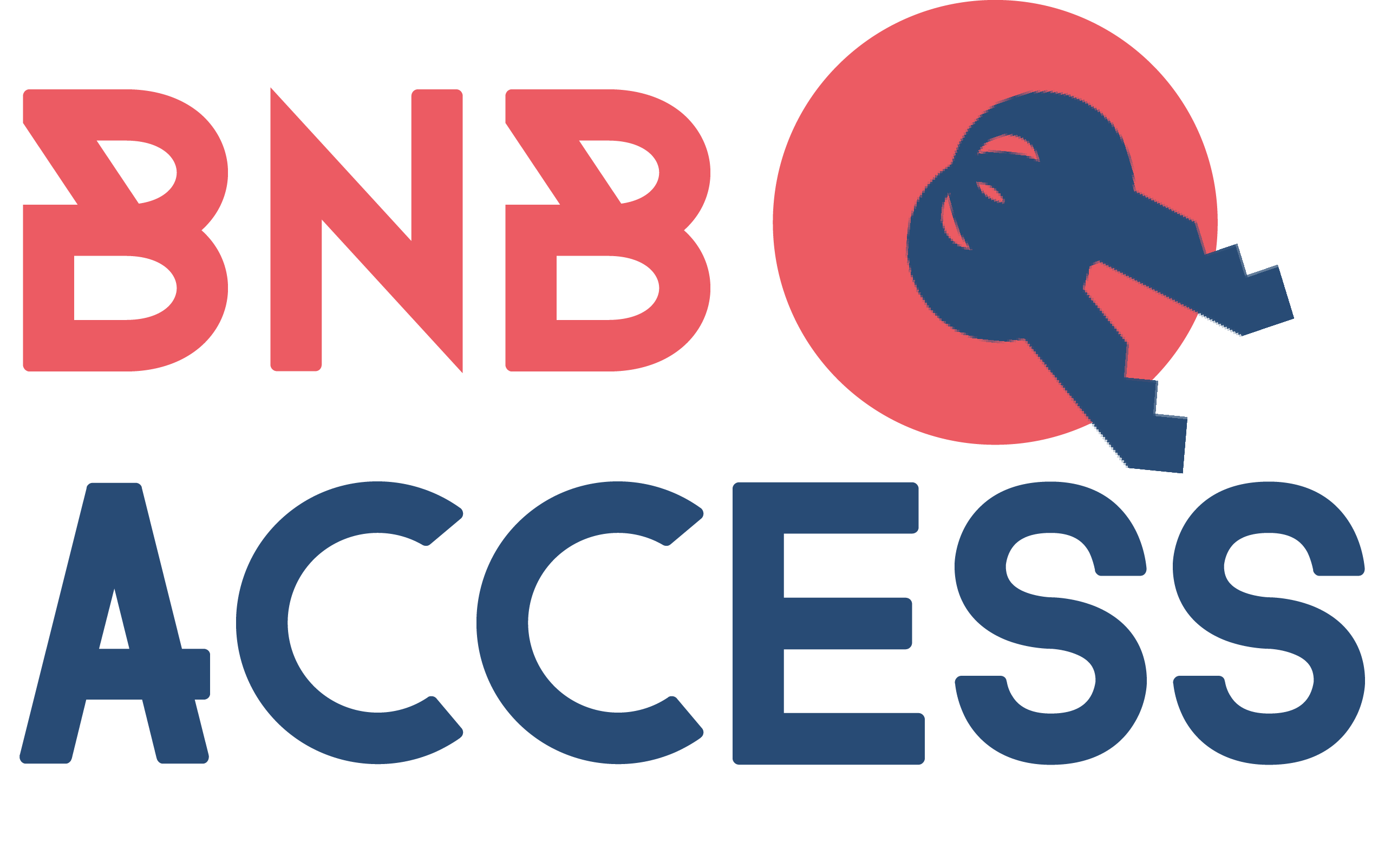- Téléphone: (+33) 09 72 62 82 48
# Liquidity Pools: Creating and Incentivizing Liquidity Pools for Privacy Coins
In the rapidly evolving landscape of cryptocurrency, privacy coins have emerged as a compelling avenue for users seeking anonymity in their transactions. However, the success of these coins hinges not only on their technology and adoption but also on the liquidity available in the market. Consequently, understanding liquidity pools and how they can be created and incentivized specifically for privacy coins is paramount for developers and investors alike.
## What are Liquidity Pools?
Liquidity pools are decentralized repositories of tokens that enable users to trade cryptocurrencies without relying on traditional market makers. In simple terms, they consist of pairs of tokens locked in a smart contract that facilitates trading through Automated Market Makers (AMMs) like Uniswap or Sushiswap. By providing liquidity to these pools, users earn a share of transaction fees generated when trades occur.
### Importance of Liquidity in Privacy Coins
Privacy coins, such as Monero, Zcash, and Dash, are designed to offer enhanced anonymity that traditional cryptocurrencies like Bitcoin cannot provide. Yet, the utility of these coins is dependent on their liquidity within various trading platforms. Insufficient liquidity can lead to higher price volatility and hinder larger transactions, which can deter potential users from embracing privacy coins.
### Creating Liquidity Pools for Privacy Coins
Creating an effective liquidity pool for privacy coins involves several steps:
1. **Choosing the Right Platform**: Select a decentralized exchange (DEX) that supports liquidity pools and has a user-friendly interface. Popular DEXs include Uniswap, PancakeSwap, and Balancer, among others.
2. **Selecting Token Pairs**: Liquidity pools typically consist of pairs. For privacy coins, a common strategy is to pair them with more liquid tokens, such as Ethereum or USDT, to maintain a stable trading environment.
3. **DeFi Integration**: Leverage Decentralized Finance (DeFi) protocols to integrate your liquidity pool with lending, borrowing, or yield farming platforms.
4. **Smart Contract Deployment**: Deploy smart contracts that govern the liquidity pool. These contracts define how assets will be managed and distributed.
5. **Decentralized Governance**: Establish a governance mechanism to allow stake-holders to vote on changes, fee structures, and operational guidelines.
### Incentivizing Liquidity Providers
To encourage users to add liquidity to privacy coin pools, the implementation of robust incentives is essential. Here are several effective strategies:
1. **Transaction Fees**: Liquidity providers can earn a portion of the transaction fees generated within the pool. This creates a direct financial incentive as the more users trade, the higher the earnings for liquidity providers.
2. **Liquidity Mining**: Introduce liquidity mining programs where liquidity providers can earn additional tokens or rewards for their contribution, often in the form of governance tokens.
3. **Yield Farming**: Allow liquidity providers to stake their liquidity pool tokens to earn rewards. This allows them to earn interest while also promoting long-term holding.
4. **Partnerships and Collaborations**: Collaborate with established projects and influencers in the cryptocurrency space to promote the liquidity pool, increasing visibility and driving traffic.
5. **Educational Campaigns**: Conduct campaigns that educate potential investors on the benefits of liquidity provision and how users can participate safely and effectively.
### Challenges and Considerations
While creating and incentivizing liquidity pools for privacy coins is promising, certain challenges must be addressed:
- **Smart Contract Vulnerabilities**: It's crucial to conduct audits of smart contracts to avoid exploits.
- **Regulatory Compliance**: Navigating the regulatory landscape concerning privacy coins can be complex, requiring careful consideration from developers.
- **Market Volatility**: Privacy coins may experience high volatility, impacting liquidity and rewards.
### The Future of Privacy Coins & Liquidity Pools
The future of privacy coins in relation to liquidity pools is intertwined with growing interest in decentralized finance and privacy-focused technologies. As user awareness increases and innovative financial products emerge, the liquidity landscape for privacy coins will likely evolve. Integrating advanced technologies like Tor Bitcoin Transactions can further enhance user privacy and security, making liquidity pools an even more attractive proposition.
In summary, establishing liquidity pools for privacy coins not only boosts their transaction potential but also propels their overall adoption in the cryptocurrency normality. By creating tailored incentive mechanisms, developers can ensure they attract and maintain a steady flow of liquidity, setting the stage for a robust trading ecosystem. The intersection of privacy, liquidity, and DeFi represents a fertile ground for innovation and growth in the decentralized space.

